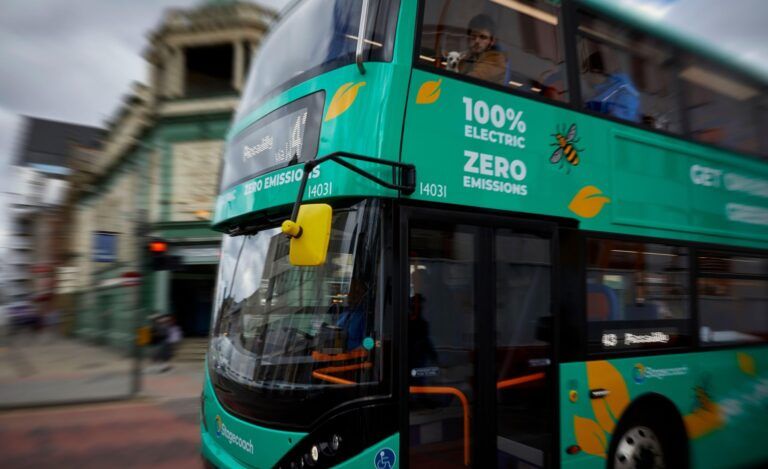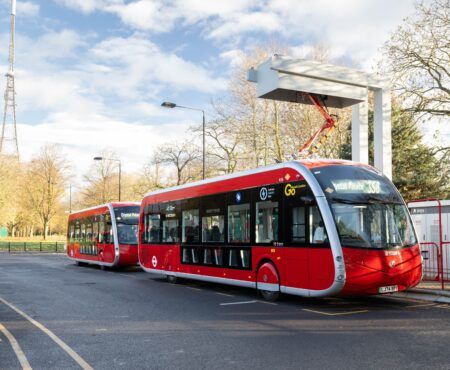Passengers across England will enjoy greener, smoother and quieter bus journeys thanks to a new £37.8m government investment in 319 new zero emission buses across the country.
The funding, which for every pound will be topped up by at least £3 of private investment, has been allocated to 12 successful local authorities in England, following bids to expand their zero emission bus fleets, and will see the cleaner, more comfortable vehicles serving passengers by Spring 2027.
The investment comes as the government makes changes to the Zero Emission Vehicle mandate, including increasing flexibility of the mandate up to 2030, and allowing hybrid vehicles to be sold until 2035, all with the aim of supporting UK EV manufacturers.
“This funding will not only make bus travel cleaner, greener, and more comfortable, but it will deliver on our Plan for Change; creating jobs, supporting local economies, and accelerating our journey towards a zero-emission future,” said local transport minister Simon Lightwood.
“By backing local councils and UK manufacturers, we are putting the power in the hands of communities, while helping to deliver on our vision of a sustainable, green transport network,” Lightwood added.
Among the biggest winners are Nottinghamshire County Council, which will benefit from £2.6m to launch 42 new electric buses; Hull City Council, where £3.9m has been allocated to provide 42 vehicles, and the West of England Combined Authority, which will receive nearly £20m for 160 buses.
This funding comes on top of the Zero Emission Bus Regional Area 2 (ZEBRA 2) program which has funded a further 995 zero emission buses.
The government noted that UK-based manufacturers are well placed to benefit from these new bus orders. 60% of buses funded by previous ZEBRA investments are being procured from domestic firms, supporting highly skilled jobs and growing regional economies to improve living standards, as per the government’s Plan for Change.





